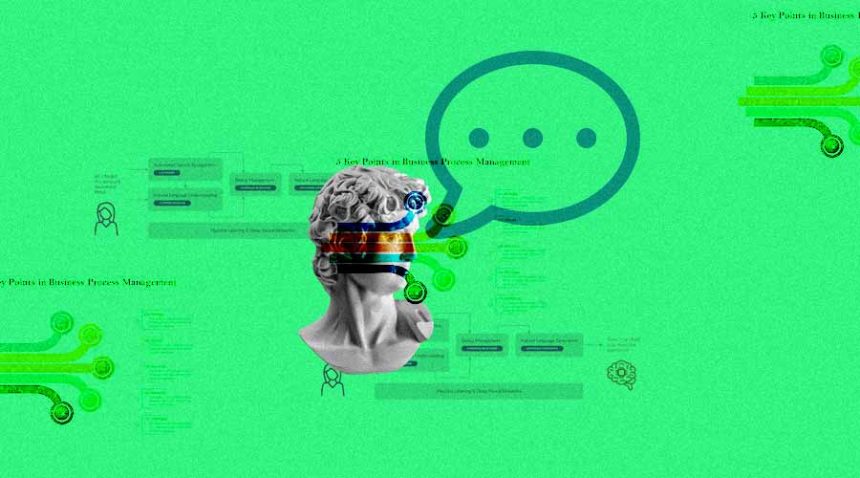AI is transforming various aspects of our society and lives for various challenges and needs.
Artificial intelligence (AI) is the science and technology of building machines and systems that are capable of reasoning, learning, making decisions, and being creative — tasks that would typically need human intelligence. Recent years have seen tremendous advancement in AI because of the availability of vast amounts of data, the development of powerful computer resources, and advancements in algorithms and approaches.
Health: AI can improve health outcomes and quality of life for millions of people around the world. AI can support customized medicine, drug discovery, patient monitoring, disease diagnosis, and treatment recommendations. For example, AI can analyze medical images such as X-rays or MRI scans to detect anomalies or abnormalities that may indicate cancer or other conditions. AI can also use natural language processing (NLP) to understand and generate medical reports or prescriptions.
Education: AI can enhance education outcomes and access for learners of all ages and backgrounds. AI can help create personalized learning paths, provide feedback and guidance, automate grading and assessment, and facilitate collaboration and communication. For example, AI can use adaptive learning systems to tailor the content and pace of instruction to the individual needs and preferences of each learner.
Entertainment: AI can create new forms of entertainment and enrich existing ones. AI can help generate novel content such as music, art, games, or stories. AI can also help enhance the quality and realism of content such as graphics, animation, or sound. For example, AI can use generative adversarial networks (GANs) to create realistic images or videos from scratch or based on user input.
Environment: AI can help protect the environment and combat climate change. AI can help monitor environmental conditions, predict natural disasters, optimize resource consumption, reduce waste and emissions, and promote sustainability. For example, AI can use satellite imagery and computer vision to track deforestation or wildlife poaching. AI can also use weather data and ML to forecast extreme events such as floods or droughts.
Social Good: AI can help address social issues and promote social good. AI can help empower marginalized groups, improve public services, enhance civic engagement, fight misinformation, and foster social justice. For example, AI can use facial recognition and biometrics to identify missing persons or victims of human trafficking.



